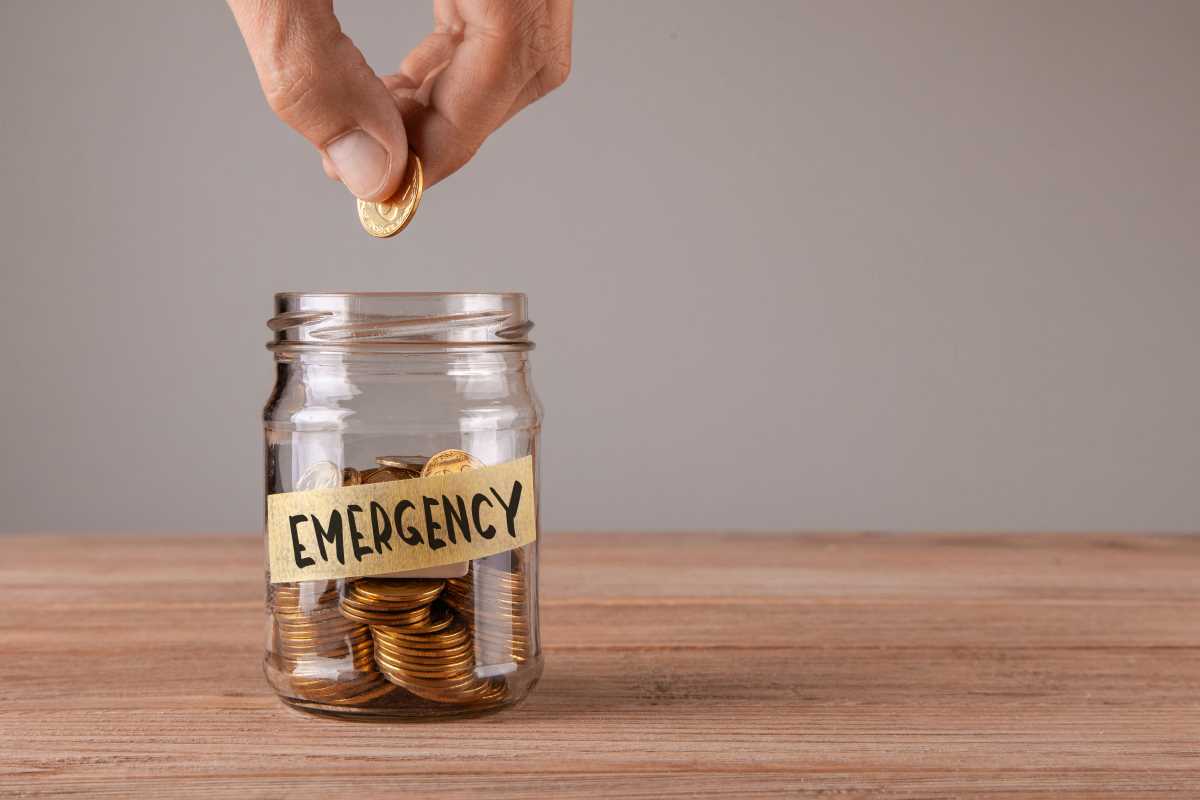When most people think of a refund, they picture returning a purchase that didn’t meet their needs. Many other valuable opportunities exist to reclaim funds if you know precisely where to look. Every year, it’s surprisingly easy to miss out on hundreds (sometimes thousands) of dollars by passing over less obvious payback options. You might benefit from unexpected sources, such as automatic price adjustments after a sale, or getting reimbursed for months of a subscription you didn’t actively use. With just a bit of focused effort, you can make a meaningful impact on your finances. This guide is designed to help you confidently identify these missed money opportunities, offering straightforward steps to put cash back into your budget and boost your savings.
More Than Returns: How Price Differences Add Up
Recovering money through price adjustments is one of the simplest yet most overlooked opportunities. After buying an item, you might see it selling for less soon after. While it can be frustrating, many retailers let you request the difference. Often called price protection or a price match, this easy step can bring extra money back over time.
How to Take Advantage of Price Drops
Major retailers typically offer a set number of days (often 7 to 30) where you can request a refund if the cost falls during that window.
- Look for Reductions: Monitor store sales or price notifications for items you’ve recently bought.
- Keep Your Proof Ready: Save your receipt and take a screenshot of the new, lower price as evidence.
- Request the Adjustment: Contact customer service or message support online to ask for the price difference. You’ll often see the adjustment on your credit card or as store credit.
Some credit cards offer additional protection so you can request reimbursement if prices drop after your purchase, even when store policies don’t cover it. Always check your card’s specific benefits.
Getting Value Back from Services and Memberships
Regular expenses such as subscriptions and memberships can slowly drain your funds. Many people prepay for the year and then forget about unused services. Thankfully, you can often recoup part of your payment for unused time if you cancel before renewing.
Recovering Unused Payments
If you stop using a service before your paid period ends, you’re usually eligible to recover some of what you spent, even on annual plans.
- List Prepaid Services: Review all your up-front payments, including streaming, productivity apps, clubs, or gym memberships.
- Know the Rules: Read each service’s terms to learn about partial refunds. Many companies will return money for the unused portion.
- Cancel and Ask: When you cancel, politely explain that you’re seeking a partial return. This can work for gyms after a move or clubs if your needs change.
Retailers like Costco have earned a reputation for being flexible, offering membership money back anytime if you’re dissatisfied.
Transportation and Trip Credits You May Have Missed
Canceled plans don’t always mean lost money. Airlines, hotels, and transit authorities all have rules that may help you recover costs when things change. Understanding what you’re entitled to is key to making sure nothing is left behind.
Airfare Policies
Navigating travel refunds may seem tricky, but several consumer-friendly policies are available.
- 24-Hour Cancellations: Within the U.S., most flights can be canceled free within 24 hours of booking if the flight is still at least a week away.
- Major Schedule Changes: If an airline changes your itinerary significantly or adds new stops, you may qualify for a full refund, even on tickets labeled as nonrefundable.
- Trip Insurance Benefits: If you purchased travel insurance, it can help reimburse you for unexpected issues like illness or emergencies.
Getting Value from Transit Cards
It’s common to load money onto public transportation cards, but if you move or stop using the system, you can usually retrieve any remaining balance. Check your transit provider’s website for their return process, which often involves mailing your card or submitting a request form.
Where Extra Credits and Government Money Hides
Unused credits show up in many places like utility bills or tax refunds. Overpaying happens often, and both companies and agencies have systems to return what you’re owed.
Utility Overpayments
Sometimes utility providers overestimate your use, leaving a credit on your account. While this might be applied to future bills, you can also ask to have the money sent back to you. Reach out to billing support for help.
Money Owed by the Government
Each year, millions of dollars go unclaimed through uncollected tax refunds, often due to changes of address or missed paperwork. The IRS holds these funds until they’re claimed.
States maintain their own unclaimed property sites, covering things like old paychecks or forgotten accounts. Try searching your name to see if anything is waiting for you.
Adopting a proactive approach can help uncover funds that may otherwise be overlooked. Whether it’s asking about price changes, canceling inactive memberships, or checking for leftover travel credits, these steps can help free up resources for your bigger goals.
Take a moment to check your latest statements, transactions, or subscription lists. Sometimes a quick call or message is all it takes to retrieve what’s yours. These small efforts quickly add up, giving you more control and confidence in your financial journey.







